 Apacer has launched the world’s fastest memory card, CFexpress, well suited for 4K or 8KUHD image processing and recognition applications. The combination of PCIe with 3D TLC NAND flash memory is ideal for companies who are moving to high-performance computing, AI, deep learning and intelligent image analysis.
Apacer has launched the world’s fastest memory card, CFexpress, well suited for 4K or 8KUHD image processing and recognition applications. The combination of PCIe with 3D TLC NAND flash memory is ideal for companies who are moving to high-performance computing, AI, deep learning and intelligent image analysis.
Compliant with the CFA industrial CFexpress 1.0 specification, the world’s smallest and fastest memory card, CFexpress Type B, adopts industrial-grade 3D TLC NAND flash memory and -40 degrees Celsius~85 degrees Celsius industrial-grade wide-temperature ICs from original manufacturers. Thanks to itsPCIe NVMe Gen3x2 interface, it offers transfer speeds up to three to four times higher than SDXC and CFast2.0, giving it theoretical transmission performance of up to 2GB/s. The high-performance, compact and removable features of CFexpress fully meet the requirements of high-definition image processing and recognition applications, which can be expected to play an important role in PCIe SSD solutions.
Cindy Huang, Director of Apacer’s Vertical Market Application Division, pointed out that Apacer’s PCIe product line takes advantage of improvements in performance, capacity and power consumption. She went on to add that it can reduce the total cost of ownership of smart devices, help customers upgrade PCIe systems painlessly, and improve random access performance.
Apacer’s PCIe SSD solutions use multiple firmware technologies to achieve full-channel data protection. For example, through End-to-End Data Protection technology, Apacer SSDs can detect and correct erroneous data in real time, ensure the integrity and correctness of data transmission between the host and the NAND storage area, and greatly improve data reliability.
Mindful of the potential overheating issue due to high-speed processing, the distance between the thermal sensor, the NAND Flash and the controller is also carefully constructed to monitor the temperature of the system precisely. Moreover, Apacer’s thermal throttling technology uses intelligent frequency modulation to ensure data stability and integrity is not threatened by higher temperatures.
Apacer’s PCIe Gen3x2 high-speed SSD solution meets the next-generation NVMe 1.3 specification for optimal access performance. IOPS read/write and continuous read/write speeds can reach 240,000/180,000 and 1,600/1,000 MB/s, meaning massive amounts of data processing at high speeds.
Apacer currently offers M.2 2280, M.2 2242 and high-speed memory card CFX options. Customers in the IoT, high-performance computer, gaming, AI and deep learning fields are already adopting Apacer’s latest product line. Even virtual host applications such as Citrix Key, VMWare and Hyper-V are benefiting from Apacer technology.
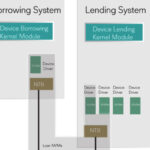
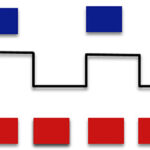
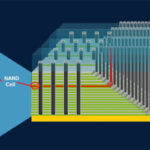
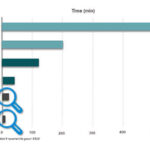
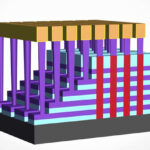
Leave a Reply